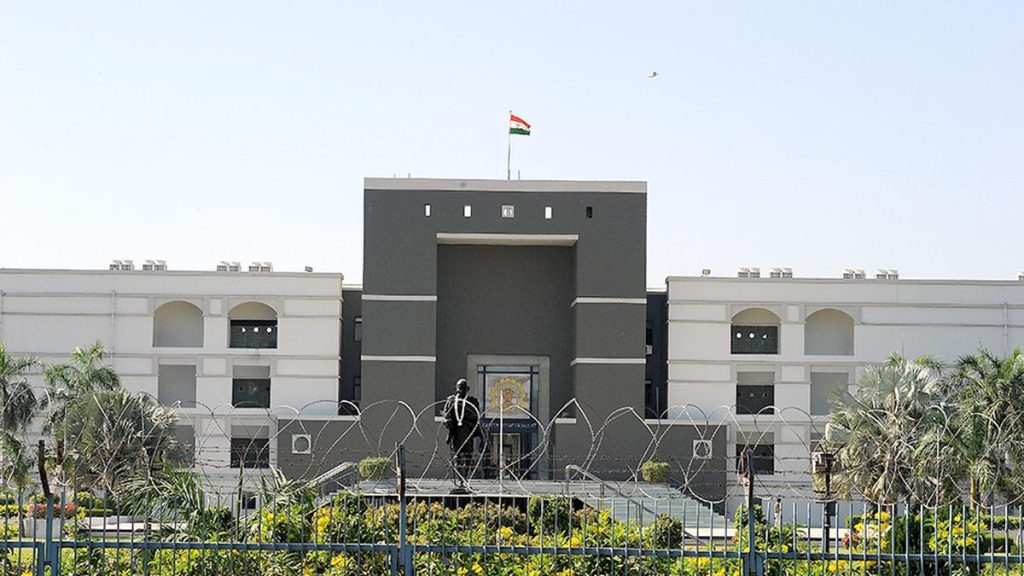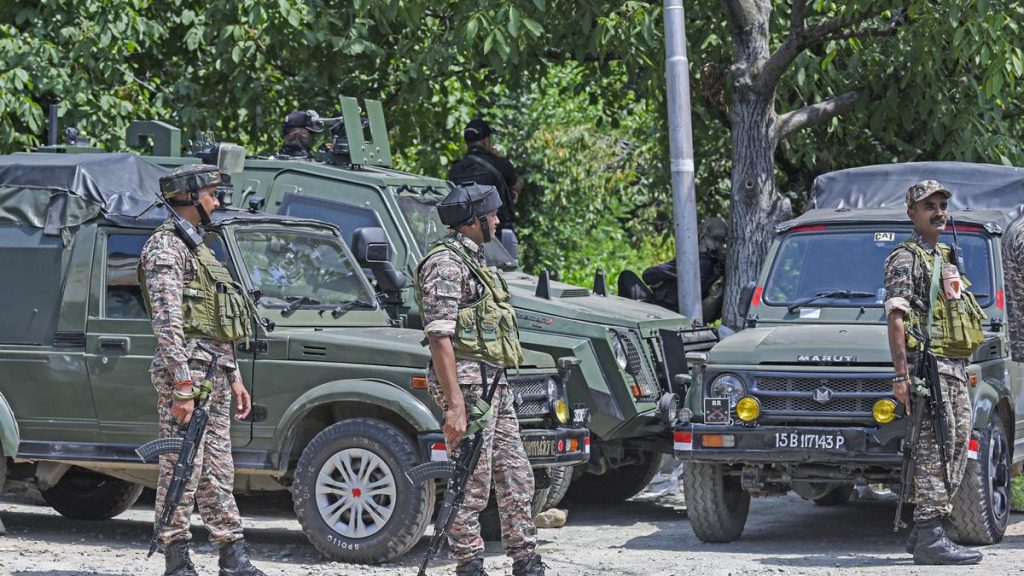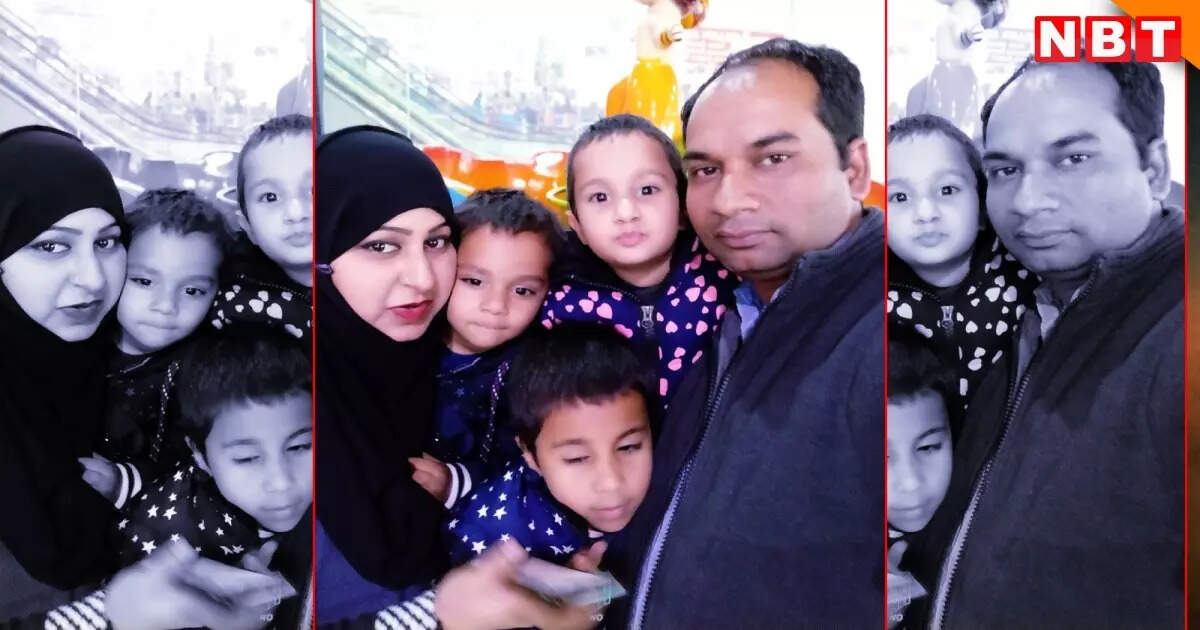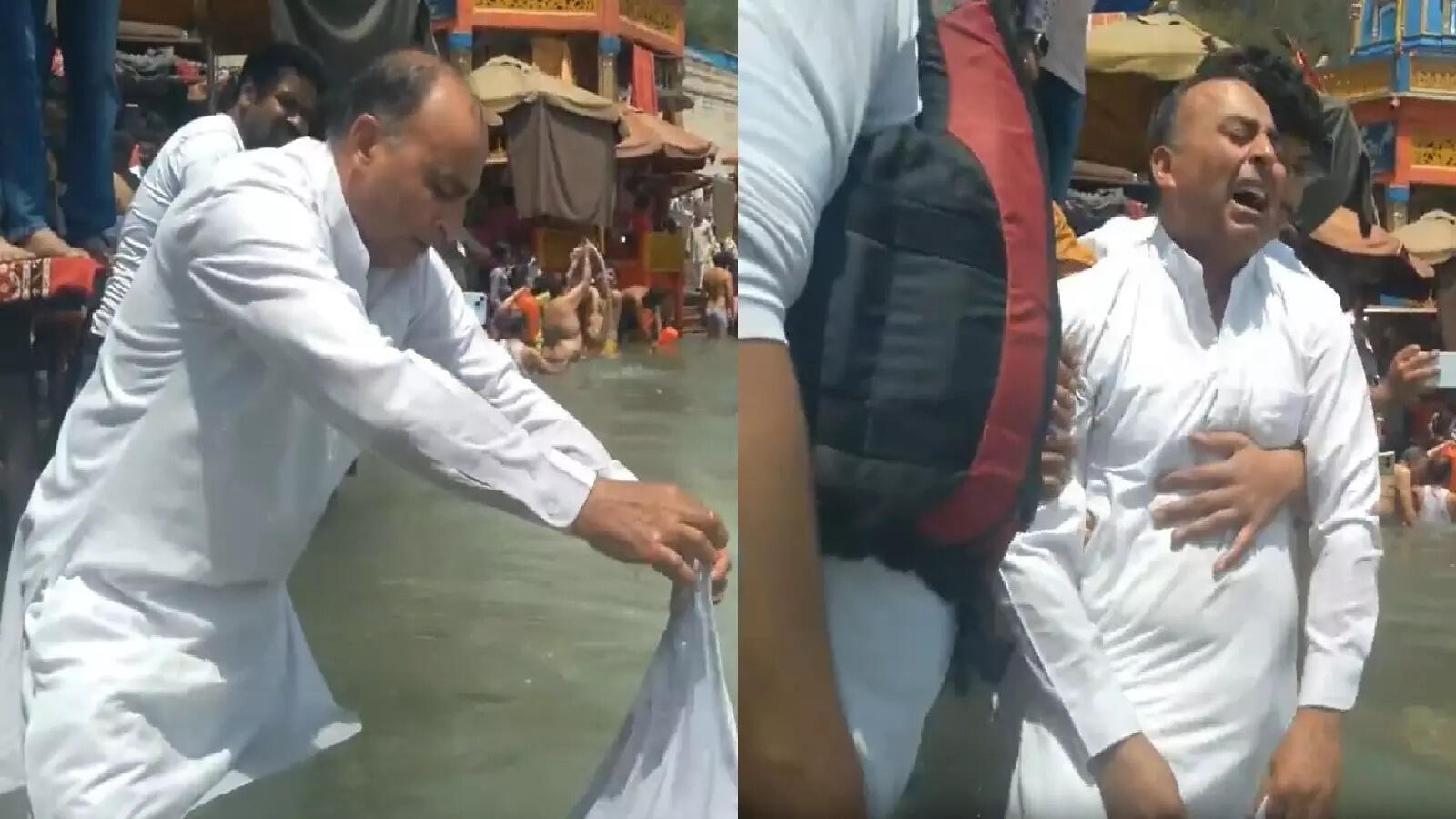Now Reading: कानपुर: सड़क और पार्क का नाम शुभम द्विवेदी के नाम पर रखने की घोषणा
-
01
कानपुर: सड़क और पार्क का नाम शुभम द्विवेदी के नाम पर रखने की घोषणा
कानपुर: सड़क और पार्क का नाम शुभम द्विवेदी के नाम पर रखने की घोषणा

Speedy Summary
- Incident: shubham Dwivedi, a businessman from kanpur, tragically lost his life in a terrorist attack at Pahalgam, Jammu & kashmir. He was on vacation with his wife and had been married two months ago.
- Memorial Proposal: Kanpur Mayor Pramila Pandey announced plans to name a road, park, and square after Shubham. She also proposed offering Shubham’s wife Ashanya an outsourcing job in the municipal corporation.
- State Support: Babita Chauhan (State Women Commission President) and former Union Minister Niranjan Jyoti met Ashanya and expressed their condolences. A report for government action on the family’s demands will be sent if written submissions are received.
- Sacrifice Account: According to Ashanya, Shubham was asked about his religion by terrorists and bravely identified himself as Hindu before being fatally shot. His act provided critical warning to other tourists about the attack.
- family Remarks: Shubham’s father lamented losing his son in India despite him safely traveling through 15 countries-highlighting concerns over domestic security.
Indian opinion Analysis
The tragic killing of Kanpur’s Shubham Dwivedi in a terrorist encounter highlights persistent concerns regarding security issues within India’s borders despite ongoing governmental efforts against terrorism. Naming public spaces after victims like Shubham honors their sacrifices but also symbolizes resilience against such atrocities.
Ashanya’s account underscores the human cost of extremism while reflecting individual bravery amid grave danger-a narrative that may invoke both emotional responses and calls for stronger anti-terror strategies from citizens and policymakers alike. The family’s demand for official recognition as martyrdom along with measures for support carry moral weight but must navigate the challenges of bureaucratic processes.
This incident also raises broader questions on balancing domestic security advancement with geopolitical decisions affecting terrorism reduction efforts over time-a matter critical to ensuring citizen safety across rural or tourist zones nationally.
























